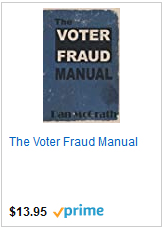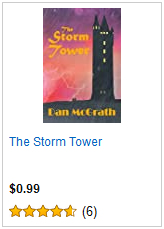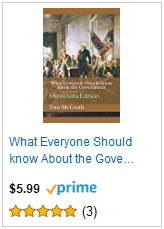
What is the Secretary of State Hiding?
Calling the secretary of state’s position “untenable,” Ramsey County judge Frisch granted summary judgement to the Minnesota Voters Alliance in its Data Practices Act lawsuit and ordered the immediate release of public election data. A year later, the fight continues. After a three-judge court of appeals panel unanimously rejected the secretary’s appeal, the landmark case is moving through the Minnesota Supreme Court.
It’s shameful that it requires a lawsuit to compel the secretary to follow the law. Claiming defense of voter privacy, the secretary is appealing the decision. What he apparently hopes people don’t realize is that he already hands out the only sort of personal information anyone might be concerned about to anyone with $46. If you’ve voted in any recent election, the secretary of state will happily sell your voting history, full name, address, year of birth, phone number, which party’s ballot you voted in any primary and more.
All of that is on the official, marketed “public information list,” a censored list of voters, omitting people whose registrations have become “inactive” due to failing address verification checks (among other reasons). Additional information on voters whose eligibility is officially challenged is likewise being kept hidden.
Who we vote for is secret but the names of people who voted in any given election are public – and must be – to independently verify election results. It’s common sense that the number of ballots counted should equal the number of voters participating. Even that fundamental check is not possible without the disputed data. The secretary has unilaterally declared millions of voter registration records non-public.
Transparency is crucial to democracy. With our elections chief refusing to release public data necessary to test published results, Minnesota’s elections become comparable to those of a banana republic.
The MVA is not seeking sensitive personal data like social security numbers, which the secretary is required to keep confidential. Data sought on “inactive” voters is no different than data freely provided on “active” voters.
When the secretary of state told the public, “2.9 million people voted in 2016,” we said, “Okay. Prove it. What are their names?”
“I’ll give you some of their names,” replied the secretary.
“Was everyone who voted eligible?” We asked.
“None of your business,” the secretary replied.
Of course, this exchange is paraphrased but it illustrates the essence of the dispute that led to the lawsuit.
The secretary of state is a partisan, elected official and as such, should be held to the highest standards of transparency and accountability. After all, he presides over the elections of himself and his fellow party members.
It’s akin to betting on blackjack, blindfolded. “Trust the house and no, you can’t look at the cards.” Between the secretary’s monopoly on statewide election data and his deliberate obfuscation, that’s essentially the game we’re playing with our ballots.
All this leads to an inevitable question: What is the secretary of state trying to hide?
When information like this was made public after the 2008 election, independent research demonstrated that at least 1,000 ineligible persons voted, leading to hundreds of convictions. This, when our US Senate race was decided by just 312 votes, giving Al Franken the 60th vote needed to sweep in Obamacare. After that embarrassing revelation, the secretary of state’s office clamped down, refusing to release public election data crucial for that type of research.
The Office of the Legislative Auditor found that more than 26,000 individuals flagged “challenged” (because they failed one or more eligibility checks) voted in 2016. They were allowed to vote not because they passed a subsequent test, but because they simply claimed eligibility. The auditor examined a subset of those challenged voters and could only determine that 20 of the 612 scrutinized were actually eligible.
After that election, Ramsey County mailed approximately 37,000 postal verification cards to newly registered voters to test the validity of each address. More than 6,000 were returned, marked “undeliverable.” Thousands of those persons voted before the postcard test was conducted.
The lawsuit is aimed at forcing the secretary of state to comply with the Minnesota Data Practices Act by releasing the millions of records on “inactive” voters as well as the government-assigned voter statuses that identify voters who have failed eligibility checks. While the secretary of state is sounding the alarm on Russians invading our elections, he’s quietly sweeping the problems in our own back yard under the rug.
Who’s Counting?: How Fraudsters and Bureaucrats Put Your Vote at Risk![]()
Be sure to Bookmark DanMcGrath.net and subscribe to be informed when new items are posted!





